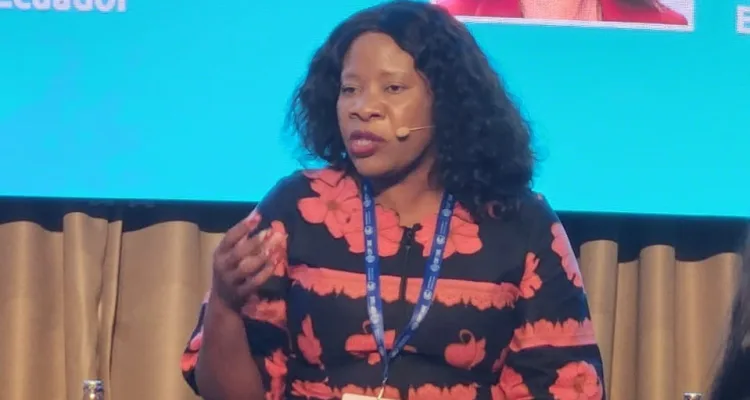
Education ministers across Africa have reaffirmed their commitment to addressing the continent’s learning crisis with a sense of urgency.
Data reveals that nine out of ten primary school students in Africa lack basic literacy and numeracy skills.
At a meeting organized by Human Capital Africa in London, Malawi’s Minister of Education, Madalitso Kambauwa-Wirima, emphasized the need for development partners to adopt a cohesive approach to foundational learning reform. She urged moving away from fragmented strategies towards a more unified approach.
Kambauwa-Wirima highlighted Malawi’s comprehensive five-strand foundational learning strategy, aimed at improving foundational learning outcomes to 79 percent by 2030.
This strategy focuses on supporting teachers in Standards 1-4, enhancing teacher training and deployment, curriculum redesign, expanding school feeding coverage, and integrating educational technologies into the digitalization of education.
To ensure accountability and track progress, Malawi has established a national foundation learning steering committee.
However, Kambauwa-Wirima noted challenges such as inadequate teacher training, resources, and incentives, particularly in rural areas.
She called on development partners and stakeholders to expand successful foundational learning initiatives like structured pedagogy and Teaching-at-the-Right-Level (TaRL). Integrated programs should be implemented to ensure cost-effectiveness and impactful delivery.
Other ministers and partners pledged to continue championing foundational learning reform and scaling successful interventions during the African Union Year of Education.
Further commitments will be made at the AU Mid-Year Coordination Meetings in Accra, Ghana, and the FLEX ADEA High-Level Policy Dialogue in Lusaka, Zambia, scheduled for July and November 2024, respectively.














